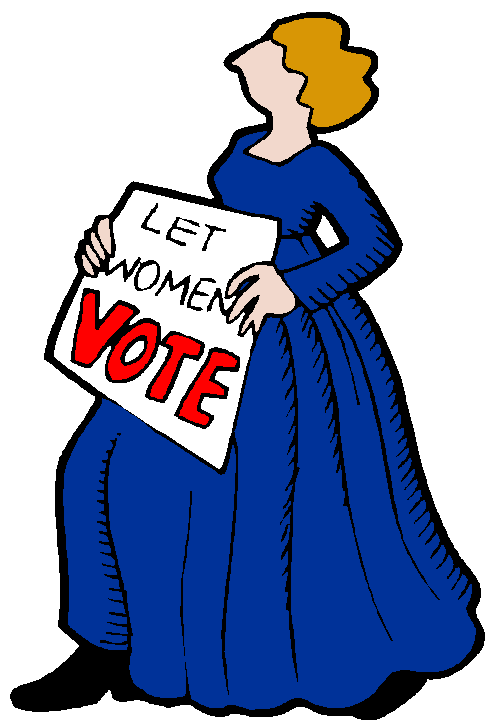
Women's Studies 3050

Liberal Feminism
Liberal feminist thought began in the Eighteenth Century and has encompassed numerous issues such as education, slavery, and voting rights.
Liberal feminism encompasses two genres of political thought: classical liberalism and welfare liberalism. Classical liberals believe that, ideally, the state should protect civil liberties, but also give individuals the opportunity to determine their own wealth within the market. Welfare liberals, on the other hand, believe the state should focus on economic justice rather than simply on civil liberties. They call for government programs, such as Social Security and school loans in order to alleviate huge inequities within society. Both classical and welfare liberals, though, believe that government intervention within their personal lives is unnecessary and obtrusive.
Liberal feminists desire to free women from the oppressive, patriarchal gender roles. They stress that patriarchy defines women's lives by placing them in "women acceptable roles" that are in line with feminine ideals. Classical liberal feminists want to overcome these obstacles by erasing gender discriminatory laws and policies from the books, enabling women to compete equally with men. Welfare liberals, on the other hand, want society to believe that women should be compensated for past injustices, as well as eliminating socioeconomic and legal barriers.
(See: http://www.cornellcollege.edu/womens_studies/resources/theory/liberal.html)
Femme covert or femme couventure Specifically, in law, the status of a married woman considered as under the cover or power of her husband, and therefore called a feme covert. At common law coverture disabled a woman from making contracts to the prejudice of herself or her husband without his allowance or confirmation. A common law doctrine developed in England during the Middle Ages, whereby a woman's legal existence, upon marriage, was subsumed by that of her husband, particularly with regard to ownership of property and protection.
Femme Sole refers to an unmarried woman, never married, widowed, or divorced. A married woman who is independent of her husband with respect to property is also called a femme sole.
Additional definitions of liberal feminism:
Enlightenment Liberal Feminism vs. Cultural Feminisim (using Donovan, Feminist Theory)
Summary of Tong, Chapter 1 (by Ryan E. Ruffcorn)
From American Thinker (a conservative magazine): "The Death of Modern Liberal Feminism (And Its Rebirth in the Conservative Movement"
Short Biographies of liberal feminist theorists